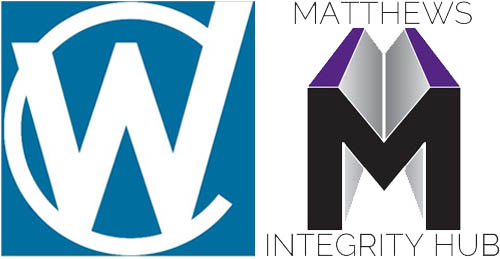TRAINER POTENTIAL

HERE’S THE ANSWERS TO THE WILKINSON COUTTS QUESTIONNAIRE
Q1. Teaching methods
If you spend an hour talking through 40 PowerPoint slides containing bullet points and crap clipart to a group of 10 course delegates, how much of the technical information you’ve just presented do you reckon they’ll remember?
a) About 70%
b) 50-70%
c) Probably about half
d) 5% if you are lucky
Ans (d). The reality is less than 5%. Your delegates will lose focus at about slide number 5 and be willing you to finish. Look around you and you will notice them picking up the slide manual* to see how many slides are left to go so they can get the hell out of there. You will continue to read out your bullet points and everyone will look blankly at the screen, as if they are learning, and think about other things.
*Maybe you should give it out when you are finished teaching instead. That way the delegates will listen to you, rather than flip through the slide manual instead, trying to convince themselves they will read it later.
Wilkinson Coutts training methods are not based on slide presentations. They are based on interaction with the delegates in discussions, exercises, questionnaires and other ways that keep them interested and learning. This is the formula of what we do and our train-the-trainer programme is designed to teach our trainers use these methods, not bore people rigid with slide presentations.
Q2. Trainer scope
How many different API-cert courses a will a Wilkinson Coutts trainer be expected to be able to cover, following the necessary training and familiarity?
a) 1
b) 2-3
c) 4-5
d) More than 5
Ans (b). API cert courses divide into four basic groups, based on their technical content; source inspection (API SIFE, SIRE etc), in-service inspection (API 510, 570 etc.), supplementary certificates (RP571, 580 etc) and specialist subjects (API 1169,936 etc.). We normally expect a trainer to become most effective in training within one of these groups, comprising 2-3 cert courses. Any more than that and we consider that you would be spreading your knowledge too thinly to be an effective API trainer. You’d be back to reading out all those slides again, to help get by.
Q3. Trainer Qualifications
What are the minimum qualifications you need to be accepted as Wilkinson Coutts trainer?
a) Basic qualifications and engineering knowledge and experience
b) Handfuls of NDT qualifications
c) HND
d) Degree and MSc
Ans (a). We look individually at all applicants for trainer roles to see what strengths they offer rather than what academic qualifications they have.
Almost none of our courses require degree-level education to be able to teach them well. NDT and inspection qualifications are useful, and show involvement in the industry but if you have potential we can build on your technical knowledge and teach you what you need to know. In all cases we require you to have enthusiasm, willingness to learn and commitment to what we do. There is no substitute for this.
Q4. Learning methods
Which of the following training methods would you consider the most effective way to teach people a technical methodology (such as some aspect of code design or mechanical integrity calculations)?
a) You speak, they listen
b) They ask, you answer
c) Test them using closed-book questions
d) Test them using open-book questions
Ans (c). This is a tricky but well-proven feature of out training courses. Strictly, the best method is (b). If someone asks about something, they will almost certainly remember the answer that you give them. It’s about ten times more effective than telling them something first, whilst they passively listen and hope to remember it. THE PROBLEM IS that most people won’t ask anything without some kind of stimulus to get them to do so, so you have to get around this obstacle first. The best way to stimulate asking is to use Answer (c). When faced with closed-book questions, people’s brains are forced to work to think up the answer. Once they’ve tried this, and particularly if they get the answer wrong, then it stimulates a curiosity as to why they got it wrong, and they start to mentally search for the correct answer, often without even knowing it.
So the real answer is that you start with (c), and (b) will follow naturally for you.
Q5. Trainer travel
How many air miles would you estimate a Wilkinson Coutts overseas API trainer would expect to complete in a year?
a) 10,000 -20,000 miles
b) 20,000-50,000 miles
c) 50,000-150,000 miles
d) 150,000 to 200,000 miles
Ans (d). Obviously, this varies between trainer course allocations. We don’t require all our trainers to do long-haul assignments but for a trainer who is contracted for overseas courses then 3 trips to Aus/NZ, 2 to the Middle East, one additional long-haul and some short-haul flights would typically come to over 150,000 miles in a year. We provide our trainers with business class flights for business class performance.
YOUR NEXT STEP
First of all, read our linked article; Applying for TRAINER POSITIONS
If you are interested in discussing becoming a trainer at Wilkinson Coutts then get in touch, and we start the necessary discussions with you. We can promise you that you will find it more challenging than working for other training companies. On the other hand, we will teach you to a level that others won’t, and our commitment is to pay the best rates and benefits for those people who can meet our high-performance standards.
Contact Paul or Craig at:
www.wilkinsoncoutts.com





